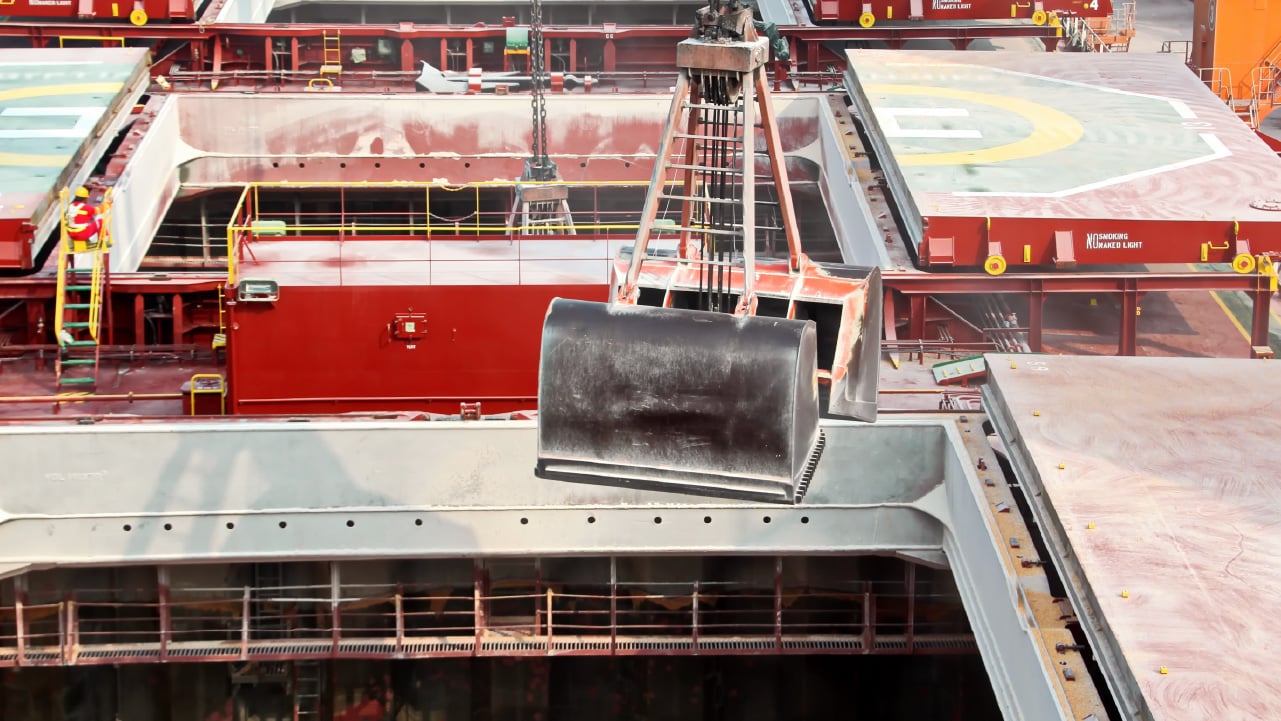Hatch covers – Inspection & Maintenance online course. The aim of this course is to provide adequate knowledge to those who may be designated to perform duties and responsibilities related to hatch covers maintenance.
Hatch covers, even though heavy and robust, are delicate pieces of equipment that require constant care, attention, and maintenance. The majority of the damage to covers and coamings can arise from bad practice and insufficient or poor maintenance.
Proper maintenance of hatch covers is essential to prevent cargo damage and ensure the safety of seafarers.
International regulations and guidelines, such as the International Convention for the Safety of Life at Sea (SOLAS), the IMO Code of Safe Practice for Cargo Stowage and Securing (CSS Code), and the IACS Unified Requirements (UR) for hatch covers, provide guidelines for the safe maintenance of hatch covers, to minimize the risk of injury and damage.
RightShip recommends that master and chief officer attend formal Hatch Cover Inspection and Maintenance training.
Highlights:
- Understand the factors and the defects that influence the hatch cover maintenance and lead to damages.
- Outline common misconceptions that lead to bad practices in maintaining hatch covers.
- Highlight common problems that result from poor/ bad maintenance of hatch covers
- Outline good maintenance practices to avoid malfunctions and leakages.
Legislation & References:
In accordance with the standard of competence as outlined in:
- SOLAS Chapter II-1, Regs.3-6
- IMO Code of Safe Practice for Cargo Stowage and Securing (CSS Code), Part C, Section 4
- IMO resolution MSC.1/Circ.1432
- IACS Requirements: rec14, rec15 & URS21
- International Convention on Load Lines (ICLL), Ch. II, Regs.14,15 & 16
Other documents outlining requirements and Good Practices are:
- Bulk Cargoes: A Guide to Good Practice, 2016
- A master’s guide to hatch cover maintenance, 2002
- Wet damage on Bulk Carriers, 2018
Duration: 1,5 h
Who should attend:
- Ship’s deck officers
- Marine Superintendents
- Superintendent Engineers
Approval: ABS






